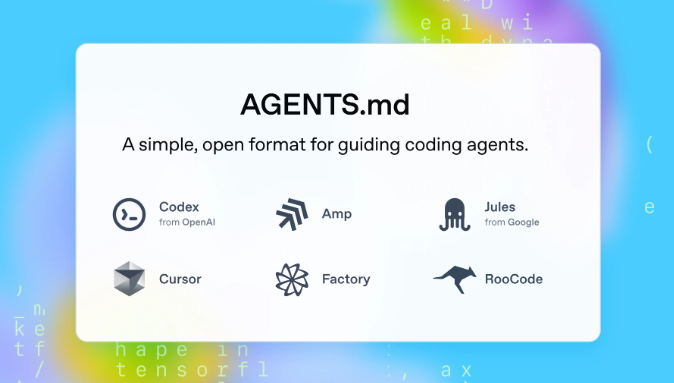After encountering setbacks with the release of GPT-5, OpenAI CEO Sam Altman is shifting his strategic focus to the development of GPT-6, hoping to turn the situation around through significant breakthroughs in memory capabilities. Unlike the two and a half years it took to develop from GPT-4 to GPT-5, OpenAI plans to launch the next-generation model on a faster schedule.
Altman revealed that the biggest innovation in GPT-6 will focus on memory capabilities. The new model will be able to remember users' personal preferences, behavioral habits, ideological tendencies, and even tone styles during communication, enabling a truly personalized AI interaction experience. This feature is expected to completely change the way users interact with AI systems, shifting from one-time conversations to building long-term personalized relationships.

Although ChatGPT remains OpenAI's core product for consumers, Altman has expressed concerns about the future of chat-based AI. In an interview with CNBC, he admitted, "They won't get better, and they might even get worse." This statement reflects OpenAI's deep understanding of the limitations of traditional chatbot models.
Current chatbots are mainly good at answering questions and engaging in conversations, but they have clear shortcomings when it comes to handling complex, long-term tasks. As user demands become increasingly complex, simple question-and-answer interactions are no longer sufficient to meet practical application needs.
OpenAI is shifting its focus from chatbots to more practically valuable AI agent systems. These agent systems are designed to perform complex tasks over extended periods, working continuously within specific fields to produce substantial results. Unlike traditional chatbots, AI agent systems do not need to excel in casual conversation, but instead focus on the efficiency and accuracy of task execution. This shift reflects a strategic evolution of AI technology from a "conversation partner" to a "work assistant."
OpenAI's strategic shift demonstrates a rethinking of the direction of AI development. As large language model technology matures, the marginal benefits of simply improving conversational abilities are diminishing, and user expectations for AI systems have shifted from "being able to chat" to "being able to accomplish tasks."










